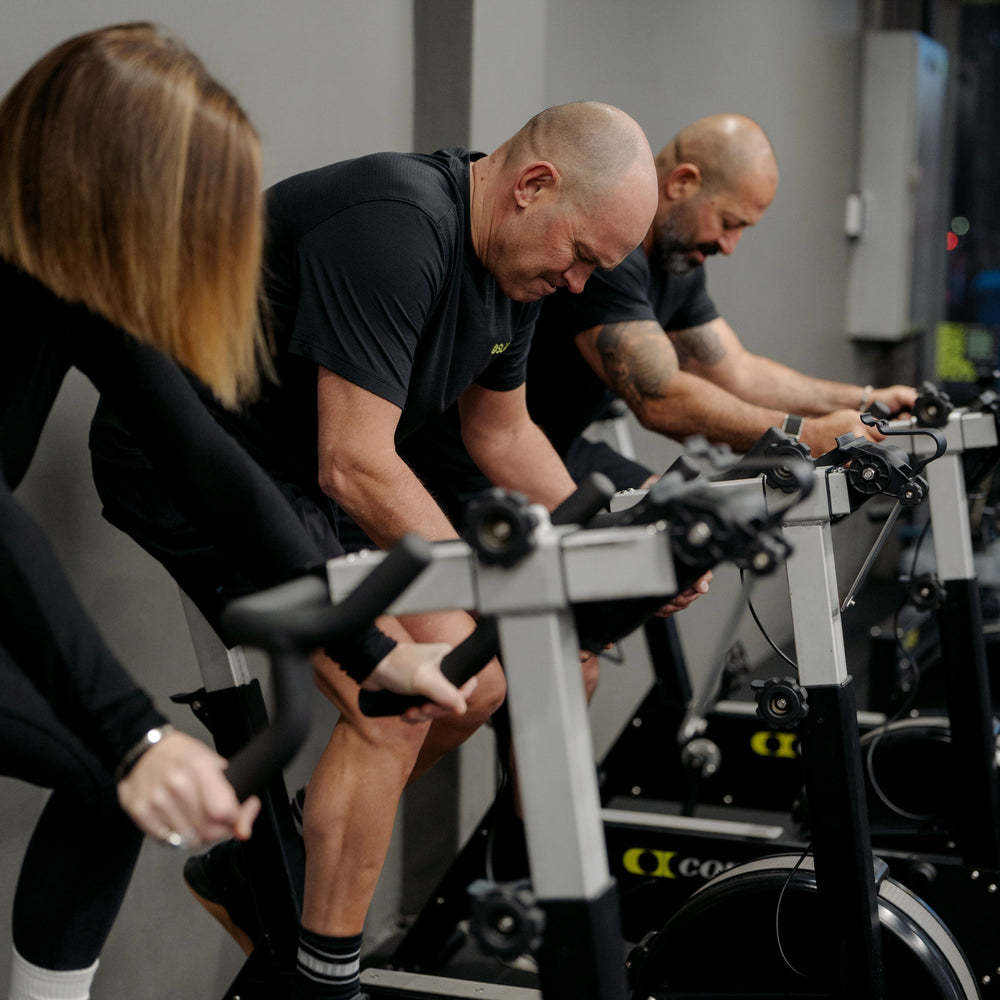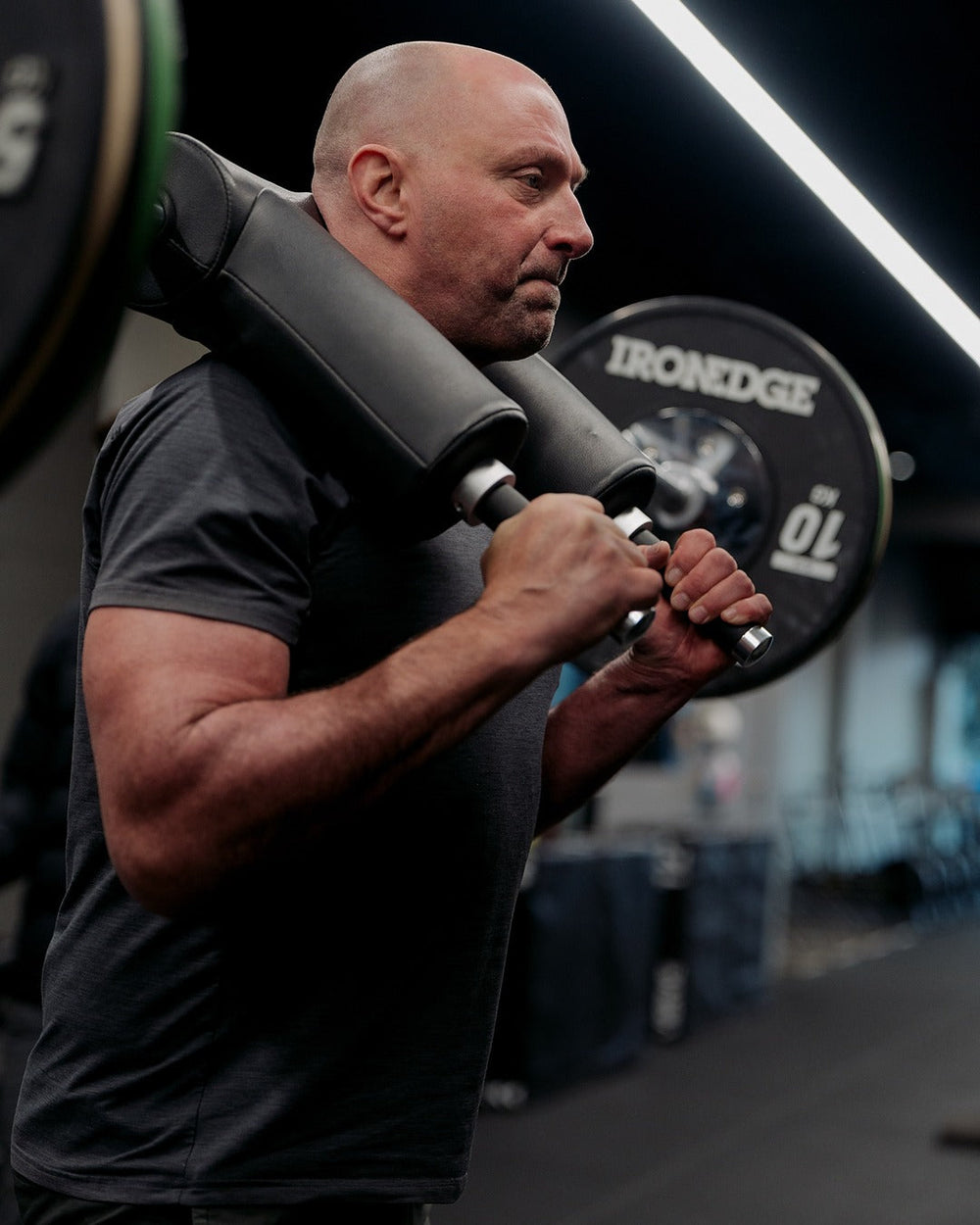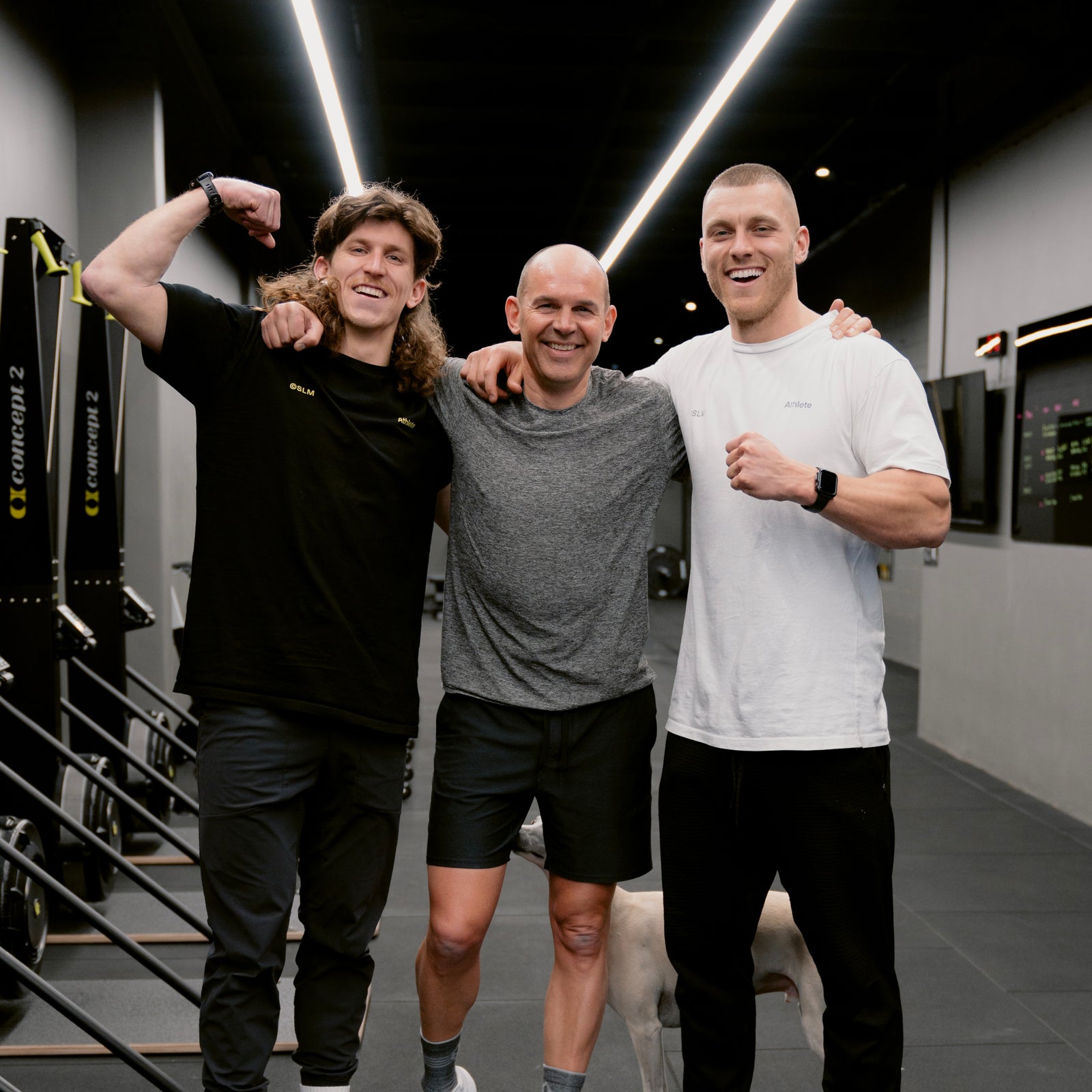
Should I Be Doing More Cardio or Weights?
It’s one of the most common questions in fitness: Should I do more cardio or more weights?
If your goal is simply to “get fit for summer,” you could probably do either. But if your goal is longevity (to live longer, healthier, and with fewer limitations) the truth is clear: you need both strength training and cardiovascular training.
At SLM, this is exactly why our programs are built around a simple framework: LIFT + SWEAT. Strength and conditioning, side by side, so no stone is left unturned.
Exercise: The Ultimate Medicine
As Dr Peter Attia highlights in Outlive, exercise is the single most powerful tool we have to determine how we live the rest of our lives.
- It delays the onset of chronic disease across the board.
- It slows (and in some cases reverses) physical and cognitive decline.
- Just 90 minutes of weekly exercise can reduce the risk of death from all causes by 14%.
There’s simply no drug or supplement that comes close to this impact.
Why Cardio Matters
When we talk about cardio, what we really mean is aerobic capacity (how efficiently your body can deliver oxygen and energy). The gold-standard measure here is VO₂ max, and research consistently shows it’s one of the most powerful predictors of longevity.
- The fittest people have the lowest mortality rates.
- Being unfit carries greater risk than many traditional cardiac risk factors.
- Boosting VO₂ max by just 25% in older adults has been shown to subtract the equivalent of 12 biological years!
There are two critical zones of cardiovascular training to focus on:
- Zone 2 training — steady, low-intensity work (jogging, cycling, rowing) at a pace where you can still hold a conversation. It trains your mitochondria, improves fat metabolism, and lays the aerobic foundation that underpins all other training.
- VO₂ max intervals — harder, longer efforts (3–8 minutes) that push your aerobic ceiling. Even one of these workouts per week can help maintain capacity over time.
Put simply: you need to be good at going slow for a long time and able to go hard and fast when life demands it.
Why Strength Matters
Cardio keeps your heart young, but strength keeps your body capable.
- Low muscle strength doubles the risk of death.
- Low muscle mass combined with poor strength and metabolic syndrome triples the risk of all-cause mortality!
- Muscle protects against falls, fractures, and frailty (the very things that rob people of independence in older age).
Strength training isn’t just about lifting heavier and heavier weights. Done properly, it builds stability, skill, and control (making you stronger while keeping you injury-free).
At its core, strength training is about capability: being able to carry heavy loads, get off the floor, move with confidence, and live independently for longer. As Dr Attia puts it, muscle is survival tissue.
The SLM Model: LIFT + SWEAT
This is why we’ve built our training system around both strength and conditioning.
- LIFT. Personalised, progressive strength programs that build muscle, improve stability, and develop resilience without injury.
- SWEAT. Structured conditioning that targets aerobic foundations (Zone 2) and VO₂ max, using ergs for low-impact training that builds energy and recovery capacity.
Every session is designed to facilitate clear adaptations. No random workouts. Training with purpose.
So… Cardio or Weights?
The answer isn’t one or the other. It’s both.
- Cardio keeps your heart and mitochondria young.
- Strength protects your muscles, bones, and independence.
- Together, they are the two most powerful predictors of longevity.
At SLM, our members don’t have to choose. Through our LIFT + SWEAT model, we give you the strength to thrive and the engine to sustain it.
Because true fitness isn’t about looking good for summer. It’s about living strong for life.
Ready to future-proof your health? Come experience SLM! Brighton’s home of personal training. Click HERE to enquire.

